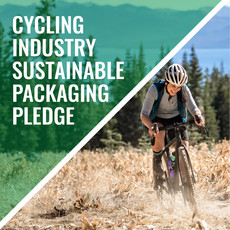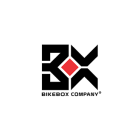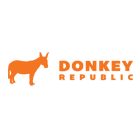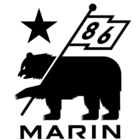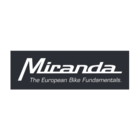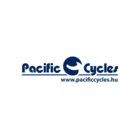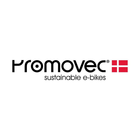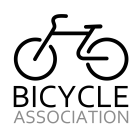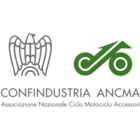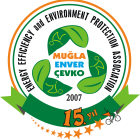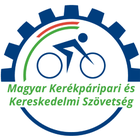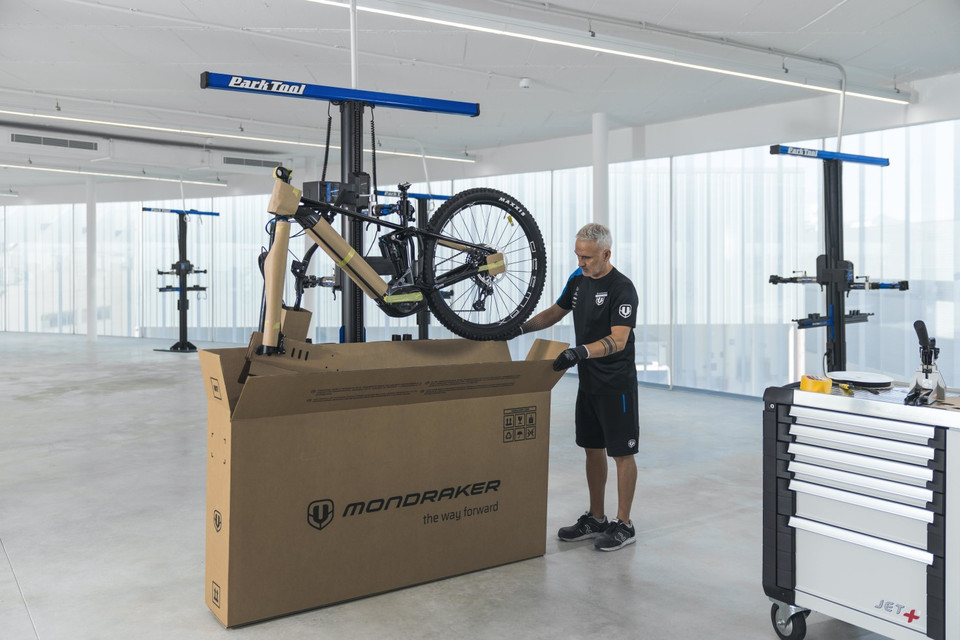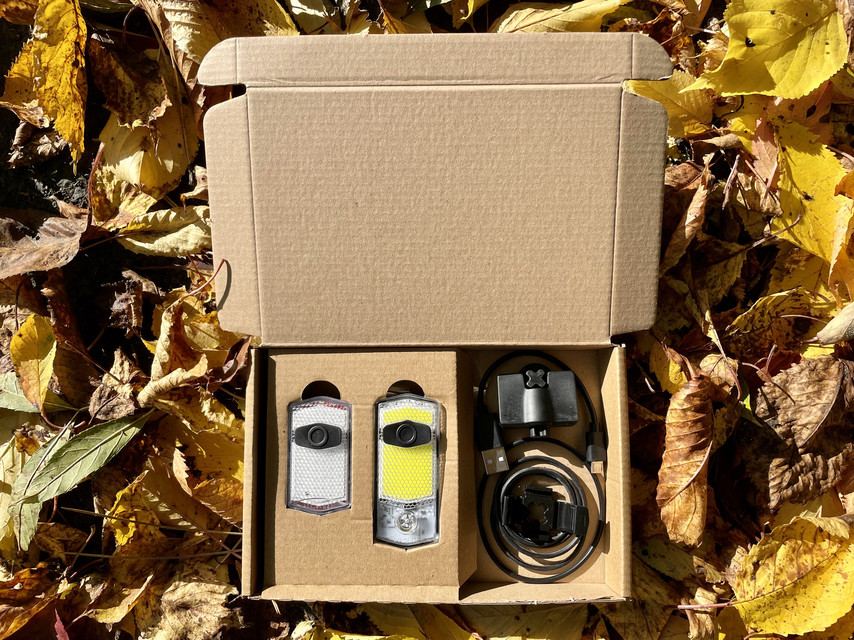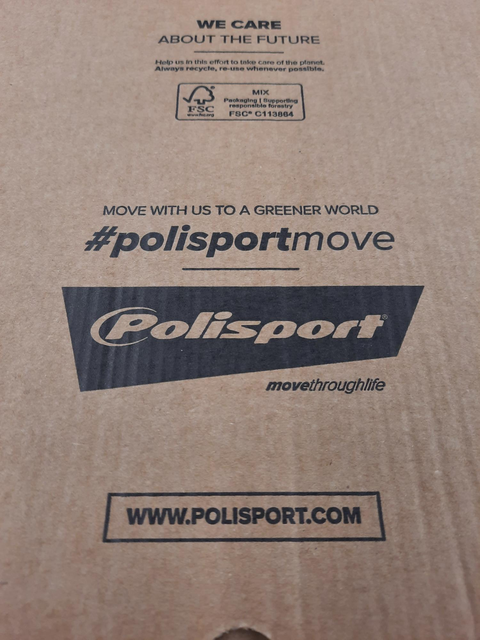Explore more on the page
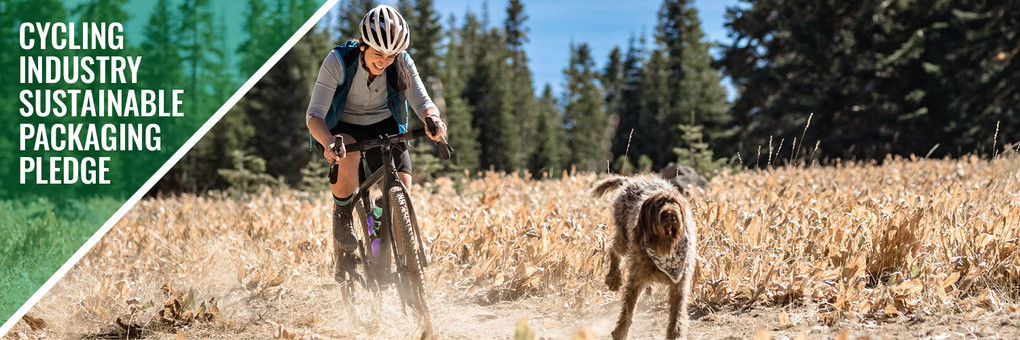
Cycling Industries have launched an industry-wide sustainable packaging commitment - join the pledge!
The Problem
Packaging volumes continue to rise globally. In 2019 the volume of packaging waste, in the EU, reached a record high of 79.3 million tonnes, 60% of which was paper, cardboard and plastic. In the US, plastic packaging alone created over 14.5 million tons of waste. The UN Sustainable Development Goals estimate, by 2050, the resource of three planets will be required to sustain the lifestyles of one. These increasing waste volumes are inflated by excessive and unnecessary packaging designs which, alongside single use models, non-recyclable materials and plastic entering our natural environments, is creating numerous challenges for our planet, climate, and biodiversity.
While customer and retail facing packaging provides companies the creative opportunity to design packaging solutions, which reflect their own values and sustainability ambitions, this only accounts for a proportion of our industry wide packaging waste. Our complex, global and often shared supply chains also create significant amounts of packaging which can be often overlooked.
Our Solution
As an Industry we are uniting behind a shared vision of creating a circular economy for packaging, contributing to the European Commission’s goal for a new circular economy.
A Circular economy is based on three principles and goes beyond treating the symptoms of the current economy and takes a holistic approach to tackle the root cause of many global challenges.
Circular Economy Principles:
- Eliminate waste and pollution
- Keep products and materials in use
- Regenerate Natural systems
For packaging this includes the designing out of waste and pollution, keeping products and materials in use for longer, and retaining material and resource value by returning it to the system, protecting our natural ecosystems.
The Confederation of the European Bicycle Industry (CONEBI) and Cycling Industries Europe (CIE) have created a shared vision for the cycling industry. This vision is also endorsed by People For Bikes.
This vision covers all packaging material. For plastic specifically, it is inspired by and closely aligned with the vision of the Ellen MacArthur Foundation's 'New Plastics Economy Initiative', also adopted in the 'Global Commitment' led by the Foundation in collaboration with the UN Environment Programme.
Our Vision
Packaging is designed to maximise protection of goods while minimising empty space during shipment, to ensure an optimised (end-to-end) carbon footprint
Elimination of problematic or unnecessary packaging through redesign, innovation, and new delivery models is a priority
Reuse models are applied where relevant, reducing the need for single-use packaging
All packaging is 100% reusable, recyclable, or compostable*
Recycled content is prioritised to decouple ourselves from using finite resources
Where virgin materials are needed, it should come from renewable sources in the future.
Preference will be given to mono materials (single materials) to increase recyclability
All packaging is free of hazardous chemicals, and the health, safety, and rights of all people involved are respected
All packaging is reused, recycled, or composted in practice, enabling materials and resources to flow back into the system or retaining value through reuse options
Our Commitment
Sharing and endorsing the common vision for more circular and sustainable packaging solutions with your supply chain partners
Working with supply chain partners to reduce problematic plastic packaging’s and eliminate unnecessary packaging within your supply chain by 2025
Working with supply chain partners to ensure that all supply chain packaging is reusable, recyclable, or compostable by 2025
Working with supply chain partners to increase recycled content within packaging materials by 2025
Creating customer / retail facing packaging commitments, which align with or exceed the common vision by 2025.
Sharing progress and update with the wider cycling industry through the CONEBI / CIE Sustainability working group forum
